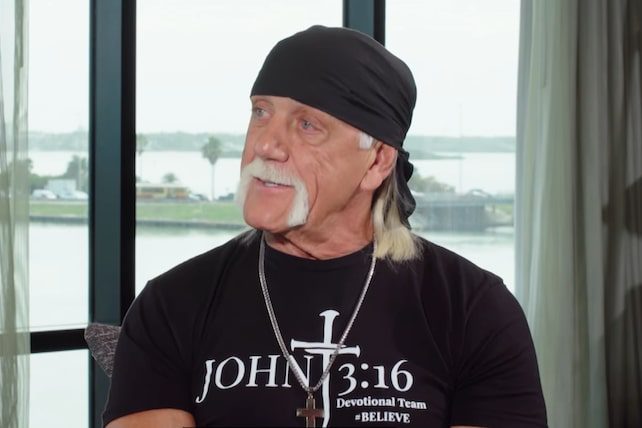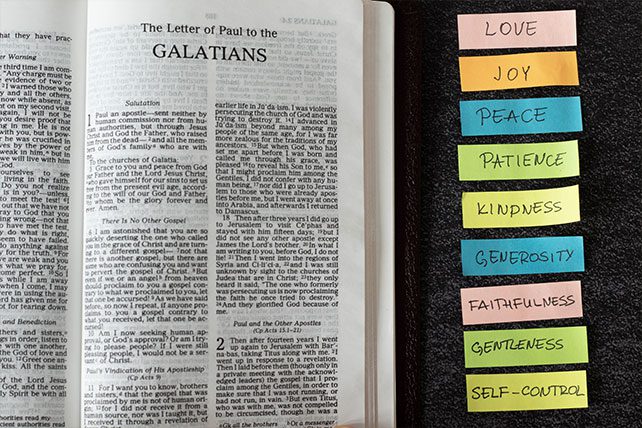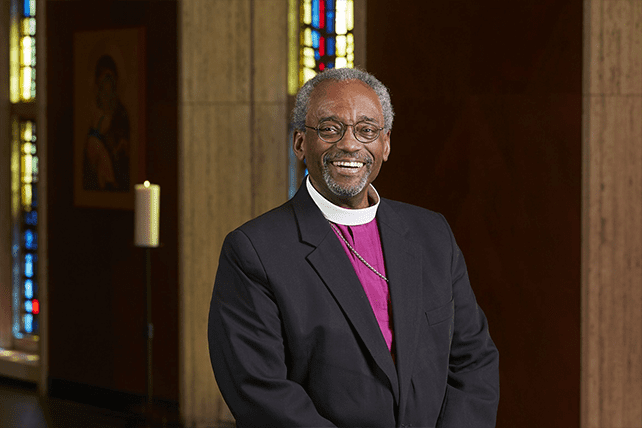The quest for spiritual growth and personal development remains a profound journey for many. As believers, one of the most transformative paths we can embark on is the cultivation of the fruit of the Holy Spirit. According to Galatians 5:22-23, these fruit are love, joy, peace, patience, kindness, goodness, faithfulness, gentleness, and self-control. These attributes are not just virtues to aspire to; they are evidence of a life led and empowered by the Holy Spirit.
Signs of Faith: Fruit of the Holy Spirit
The nine fruits of the Holy Spirit are not just individual virtues to be pursued in isolation; they are interconnected qualities that flourish together and reflect the holistic work of the Spirit in our lives. As we allow the Holy Spirit to work in and through us, these fruits will naturally emerge and mature, impacting every aspect of our lives and the lives of those around us.
Love: The Foundation of the Spirit’s Fruit
Love is the cornerstone of the fruits of the Spirit. It’s an unconditional love that goes beyond mere feelings, extending to actions and decisions. In life, this means loving others without expecting anything in return, forgiving those who have wronged us, and showing compassion to those in need. Love acts as the bedrock for all other fruits, guiding us to live in harmony and empathy.
Joy: Beyond Circumstantial Happiness
Joy, as a fruit of the Spirit, transcends the fleeting happiness found in earthly circumstances. It’s a deeper, more consistent sense of well-being rooted in our relationship with God. You can express this joy by maintaining a positive outlook even in challenging situations, finding moments of gratitude in everyday life, and sharing your joy with others to uplift their spirits.
Peace: The Calm in Life’s Storms
The peace that comes from the Holy Spirit is not just an absence of conflict; it’s a deep-seated tranquility that persists regardless of external chaos. Practicing peace involves resolving conflicts amicably, creating a calm environment at home or work, and trusting in God’s plan, especially when faced with uncertainty or fear.
RELATED: Are You Afraid to Give Up Control?
Patience: Enduring with Grace
Patience is the ability to endure difficult circumstances and people with a positive and persistent attitude. You can manifest patience by waiting calmly for outcomes without complaining, being tolerant with others’ flaws and mistakes, and keeping faith during life’s trials, trusting in God’s timing and wisdom.
Kindness: Compassion in Action
Kindness is the quality of being friendly, generous, and considerate. It’s shown through simple acts like helping someone in need, offering a word of encouragement, or even just a smile. By choosing to act kindly, we reflect the compassion and care of Christ to others.
Goodness: The Moral Compass
Goodness refers to uprightness of heart and life. It’s choosing to do the right thing, even when it’s hard. In practical terms, this could mean being honest in all dealings, standing up for what is right, and seeking to bring out the best in others through our actions and words.
Faithfulness: Steadfast Loyalty
Faithfulness is being reliable, trustworthy, and loyal. It’s maintaining integrity in all aspects of life, keeping promises, and being committed to your beliefs and relationships. Demonstrating faithfulness involves being consistent in your devotion and service to God, as well as being a dependable friend, family member, and coworker.
Gentleness: Strength Under Control
Gentleness, often misunderstood as weakness, is actually strength under control. It’s the ability to respond to others with mildness and care. You can practice gentleness by speaking in a calm and soothing manner, handling sensitive situations with care, and offering guidance without being overbearing.
Self-control: Mastering Desires
Self-control is the ability to control one’s emotions, desires, and actions. It’s choosing to act according to values rather than impulses. Exhibiting self-control can be as simple as refraining from harsh words when angry, resisting unhealthy temptations, or managing time and resources wisely.



 Today, let’s chat about something that doesn’t always get the spotlight in the midst of our busy ministry schedules: our own personal finances. Yep, that’s right—while we’re busy caring for our congregations, it’s essential to take care of our financial well-being. After all, as stewards of God’s resources, it’s crucial to manage our own finances wisely. Here are five practical ways
Today, let’s chat about something that doesn’t always get the spotlight in the midst of our busy ministry schedules: our own personal finances. Yep, that’s right—while we’re busy caring for our congregations, it’s essential to take care of our financial well-being. After all, as stewards of God’s resources, it’s crucial to manage our own finances wisely. Here are five practical ways 
























